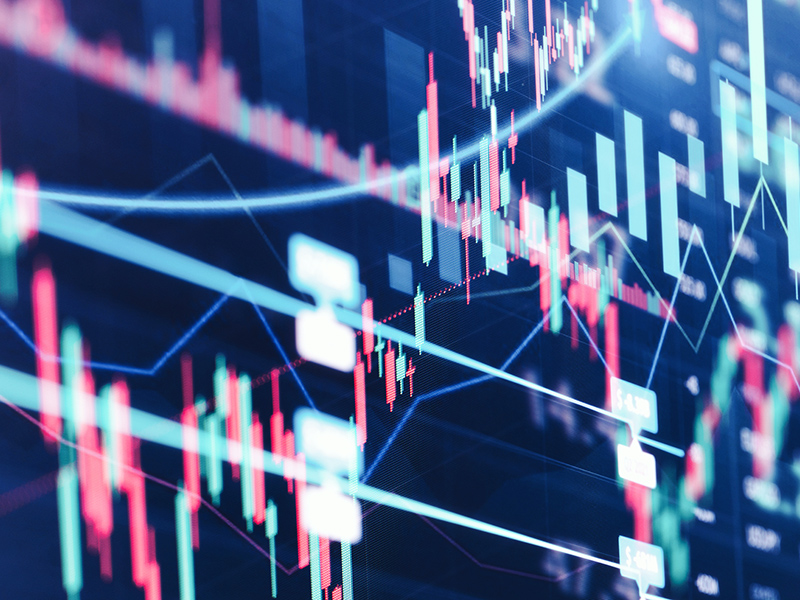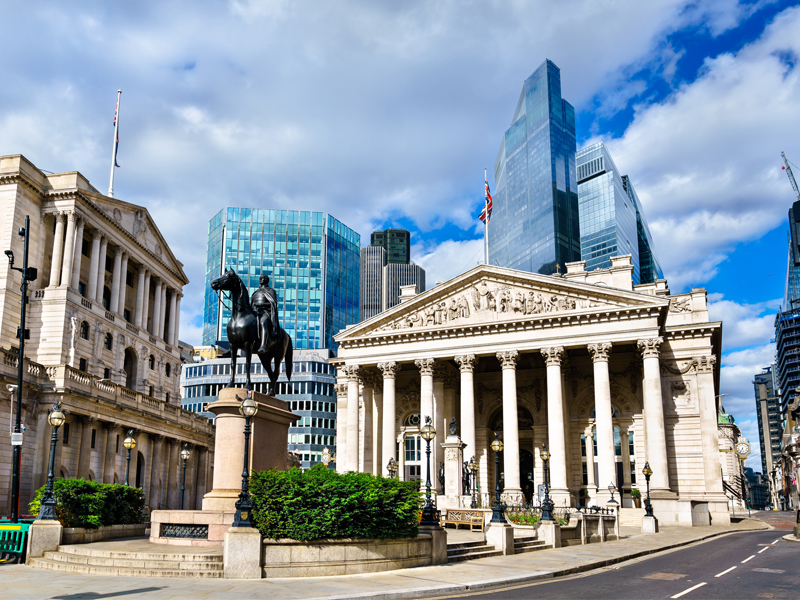The Challenge
In every major economy, the financial sector forms the nexus between stakeholders, investors, and business, making it a potentially valuable enabler of sustainable business. In Brazil, a few banks have started to engage with stakeholders on issues such as financial education, social and environmental risk, climate change, and energy efficiency, but they sometimes struggle with how to address those challenges through their operations.
For Bradesco—an institution with 105,102 employees, 65.4 million clients, 4,636 bank branches, R$789,550 million in total assets, and a presence in every municipality in the country—the challenge was even more pronounced.
The company turned to BSR to help find an answer.
Our Strategy
Our goal was to develop a strategy that consolidated engagement activity across several departments and Bradesco organization’s affiliates in a unified way to inform the company’s direction on sustainability. Key questions included:
- How best to offer banking and insurance services to the more than 50 million people who do not yet have access to financial services?
- How to address risks in the R$5.473 billion of projects monitored by the bank for social environmental impact?
- How best to direct R$566.5 million in social and environmental projects?
We started by assessing the activities already occurring throughout the organization—in retail, insurance, customer services, marketing, corporate, and environmental/social risk assessment—to understand best practices and key challenges.
BSR then worked with Bradesco to design a structured, centralized engagement of external actors to inform how the bank selects and reports on priority issues.
Next, we facilitated two sessions aimed at capturing Bradesco’s impact on business and society. The first session gathered bank executives, client companies exhibiting sustainability leadership, NGOs critical of impacts of major infrastructure projects, and regulatory agencies. Participants provided practical suggestions to inform the organization’s strategy on key issues: They suggested key performance indicators for assessing financial institutions, and they identified ways to connect sustainability issues within the strategy.
In our second session, managers from different areas across the bank met with specialists to discuss specific solutions to financial inclusion, social/environmental risk, governance and transparency, client relations, climate change, and strategic social investment.
Our Impact
Based on these workshops and BSR’s research, Bradesco will create working groups involving bank executives to advance sustainability solutions within their operations. The company’s sustainability committee will use the engagement process BSR helped create to regularly assess performance.
As a result of these changes, Bradesco has already received praise from NGOs and other stakeholders, who applauded the company for its commitment to "treating [sustainability challenges] internally as opposed to a one-off conversation." The process has also been praised by internal participants as “the most open discussion on real challenges important to our future success.”
Lessons Learned
We learned two main lessons from our work:
- To achieve sustainability goals, banks must build the organizational capabilities that allow for these external signals to influence the company’s direction.
- An essential step in our engagement approach was securing buy-in at the organization’s highest levels and developing a process that involves all areas of the bank.
Let’s talk about how BSR can help you to transform your business and achieve your sustainability goals.








